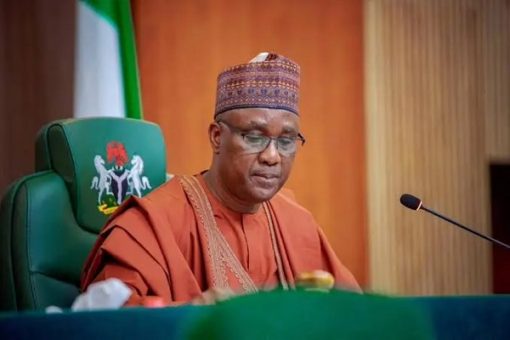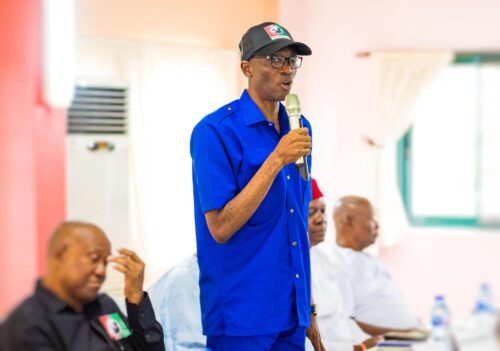National Renewable Energy Policy Nears Completion
The Federal Government has disclosed that a National Renewable Energy and Energy Efficiency Policy have reached the final approval stages ahead of its implementation.
Minister of Power, Mr. Chinedu Nebo, stated this at the power forum session of the Nigeria Oil and Gas (NOG) .
As a springboard support for the policy, Nebo said the local content policy specific to the Nigerian Electricity Supply Industry and the power sector is being developed.
‘‘I can boldly say that in line with the Transformation Agenda of the administration of President Goodluck Ebele Jonathan, GCFR, Nigerian Electricity Supply Industry (NESI), has made great strides since November 01 2013,’’he said.
He explained that as at last year,when the country was only a few months into the new era of privatized generation and distribution assets, with a lot of promise and many challenges in tow, not least of which were those of what was widely perceived to be the low price of gas-to-power and the associated inadequacy of supply of gas to newly privatized power plants.
The nascent privatized Electricity Supply Industry, according to him was also grappling with challenges of meeting the Conditions Precedent to the commencement of the Transitional Electricity Market (TEM).
‘‘It is with a sense of modest achievement that I address you today, one year on. I can boldly say that in line with the Transformation Agenda of the administration of President Goodluck Ebele Jonathan, GCFR, Nigerian Electricity Supply Industry (NESI), has made great strides since November 01 2013,’’he explained
Nebo said the country have witnessed appreciable increase in generation capacity by the new private sector owners of GENCOS with the following additions:
Ughelli: from 160MW to 610MW (eventually to 1610MW)
Egbin: from 1080MW to 1320MW
Kainji Hydro: from 80MW to 230MW (eventually to 470MW)
Jebba Hydro: from 450MW to 546MW
While in addition to this, two National Integrated Power Projects (NIPP) Power Plants, namely Alaoji (960MW) and Calabar (563MW) were completed.
The intervening year,he said has seen unprecedented collaboration between the ministries of Power and Petroleum Resources. This by itself,he noted remained a very commendable development given the obvious dependency of the Nigerian Power Industry on gas.
‘‘The increase in the price of gas-to-power from $1.50/mmBTU to $2.50/mmBTU with a maximum allowable gas transportation price of $0.80/mmBTU.
The appreciable increase in the quantity of gas available for power generation to levels that can support the generation of up to 5,500MW.
The remarkable milestone of the first supply of gas from a marginal field producer, Frontier Oil, to Ibom Power.
The settlement of legacy gas debts owed to gas producers by the erstwhile PHCN generation plants under the Central Bank of Ngeria (CBN) Intervention Facility for the Nigerian Electricity Supply Industry,’’he disclosed.








